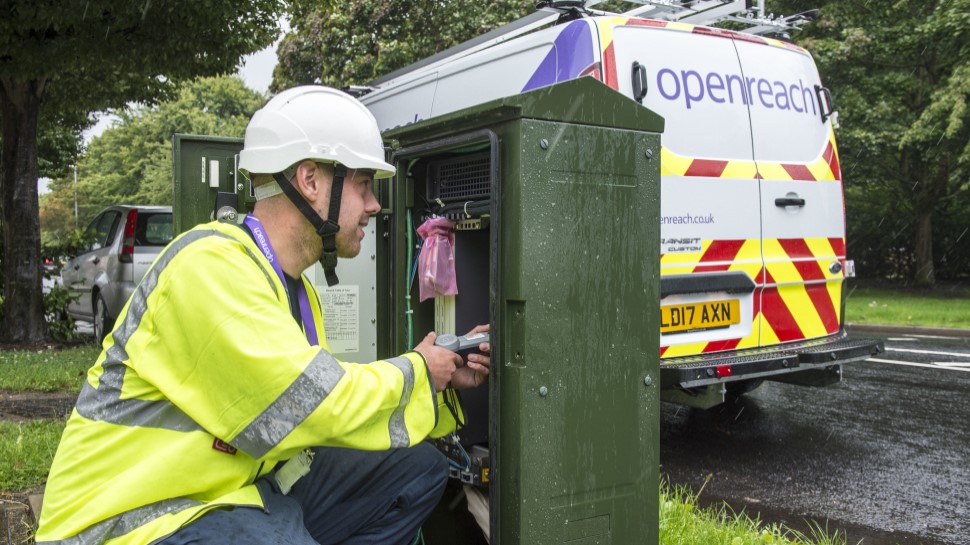Ofcom proposes further duct and pole access to boost 5G
Regulator wants to help spread of 5G

Ofcom wants companies building fibre networks to support business broadband and mobile backhaul services to access Openreach’s networks of ducts and poles in a move that would support the rollout of 5G.
Consumer broadband providers can already use this infrastructure, which it is claimed will reduce the upfront cost of building full fibre networks by half. Indeed, Virgin Media, TalkTalk and CityFibre have made use of 12,000 telegraph poles and 2.5km of ducts to expand their reach.
5G networks promise to deliver faster speeds, greater capacity and ultra-low latency that will support a range of new consumer and business applications.
- What is 5G? Everything you need to know
- 5G: How will businesses benefit?
- Huawei agrees 40 5G contracts
Ofcom 5G measures
However, in order to guarantee these characteristics, operators will need to densify their networks and ensure sites have reliable connections to the core. Widespread fibre connectivity will therefore be essential in achieving the full promise of 5G.
Ofcom hopes that by affording business broadband and backhaul providers the same freedom to use ducts and poles as consumer providers, competition and availability will increase.
“The amount of internet data used by people in the UK is expanding by around half every year,” said Jonathan Oxley, Ofcom Competition Group Director. “So, we’ll need faster, more reliable connections for our homes, offices and mobile networks.
“Our measures are designed to support the UK’s digital future by providing investment certainty for continued competitive investment in fibre and 5G networks across the country.”
Are you a pro? Subscribe to our newsletter
Sign up to the TechRadar Pro newsletter to get all the top news, opinion, features and guidance your business needs to succeed!
Earlier this year, the regulator announced proposals to regulate the business and residential markets together from 2021 so that providers can offer a “full range” of services using a common network . It also wants to extend the duration of regulation periods from three to five years in order to provide certainty to investors, and to adopt different regulatory approaches based on region.
Steve McCaskill is TechRadar Pro's resident mobile industry expert, covering all aspects of the UK and global news, from operators to service providers and everything in between. He is a former editor of Silicon UK and journalist with over a decade's experience in the technology industry, writing about technology, in particular, telecoms, mobile and sports tech, sports, video games and media.